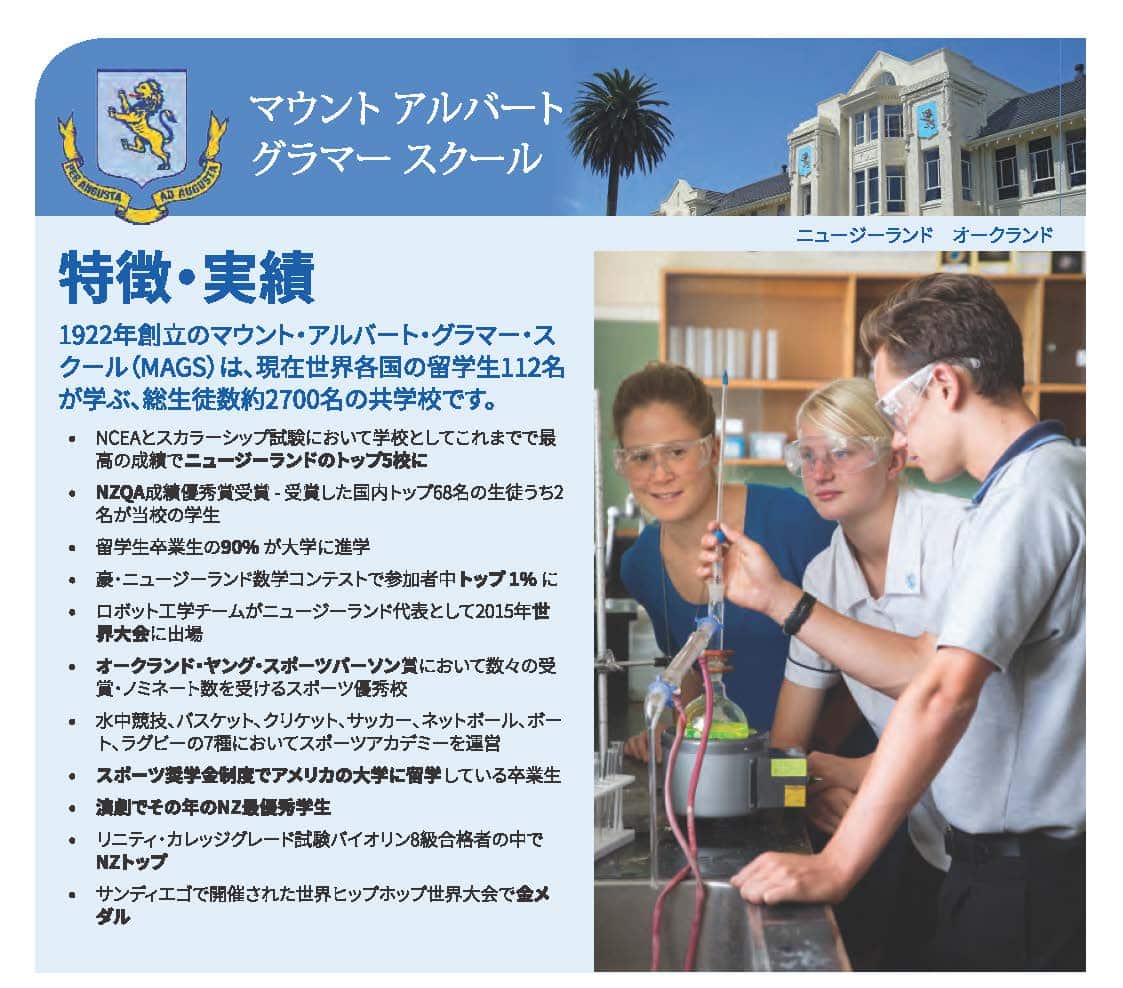

These categories are distinguished by different vocabulary, word endings, and alternative verbs.
kenjōgo (謙譲語), or "humble language" (or "modest language"). sonkeigo (尊敬語), or "respectful language". There are 3 main categories of honorific speech in Japanese: In English, "please", "thank you," "sir," and "ma'am" will get you a long way. The Japanese language has many different ways to communicate politeness and social status. As a result, US companies doing business in those states may need to translate some of their business content into Japanese to reach their customers and to ensure compliance in some industries.ĭid you know? 3.2% of all Internet users speak Japanese, making it the 6th most common language online. There are 436,000 Japanese speakers living in the US, with the largest communities in California, Washington, and Oregon. But not all of them.įor example, 12% of Hawaii residents speak Japanese. As you might expect, most native speakers are in Japan. Japanese has approximately 125 million native speakers.Īlthough the country is only about half as big as the state of Texas, Japanese is the 9th most spoken language in the world. 
Here are five reasons why there's more than meets to the eye to the Japanese language and Japanese translation. It's also the language of the world's 3rd largest economy. It's the language that gave us anime and the haiku. Japanese is a rich language with an ancient history and global clout to match.






 0 kommentar(er)
0 kommentar(er)
